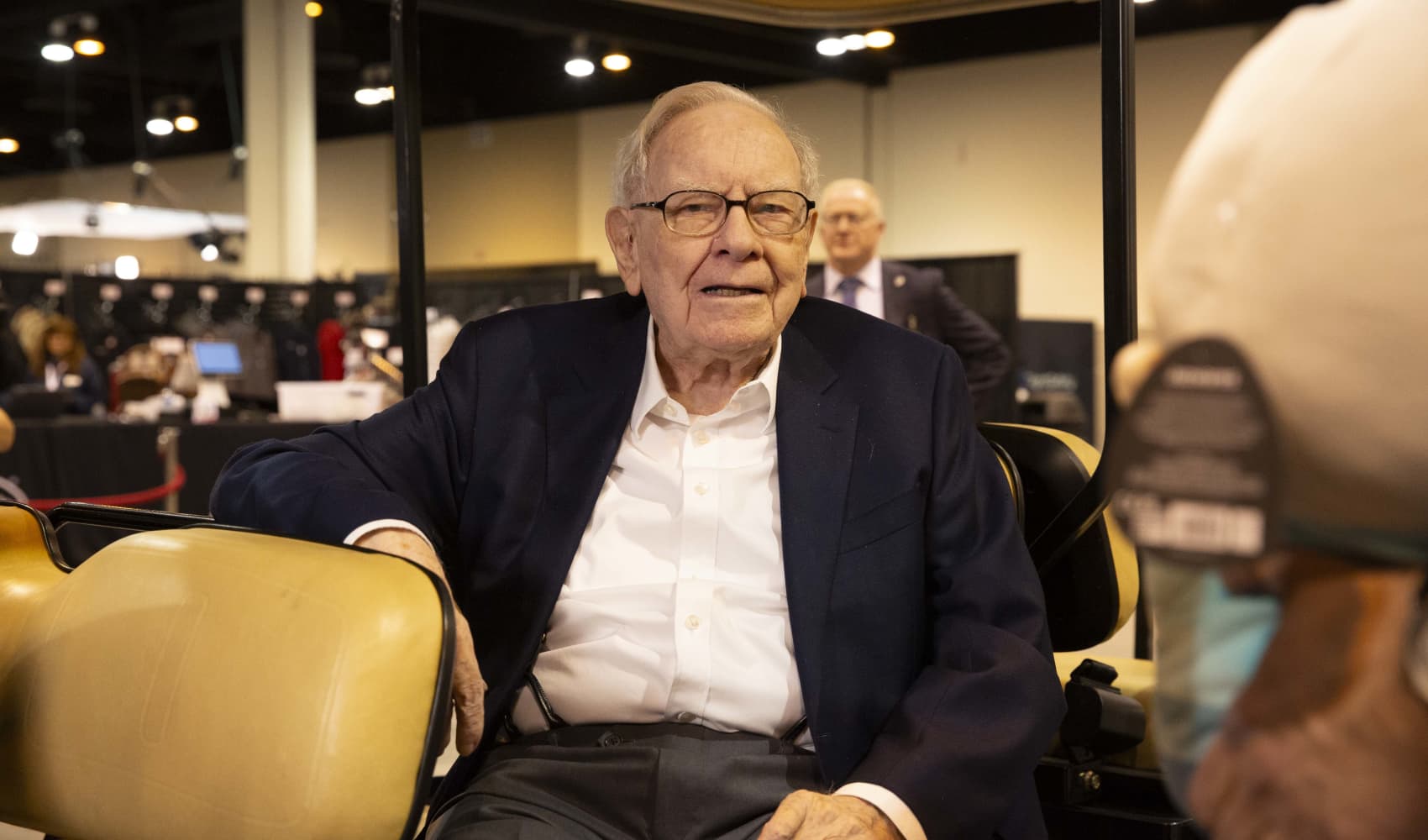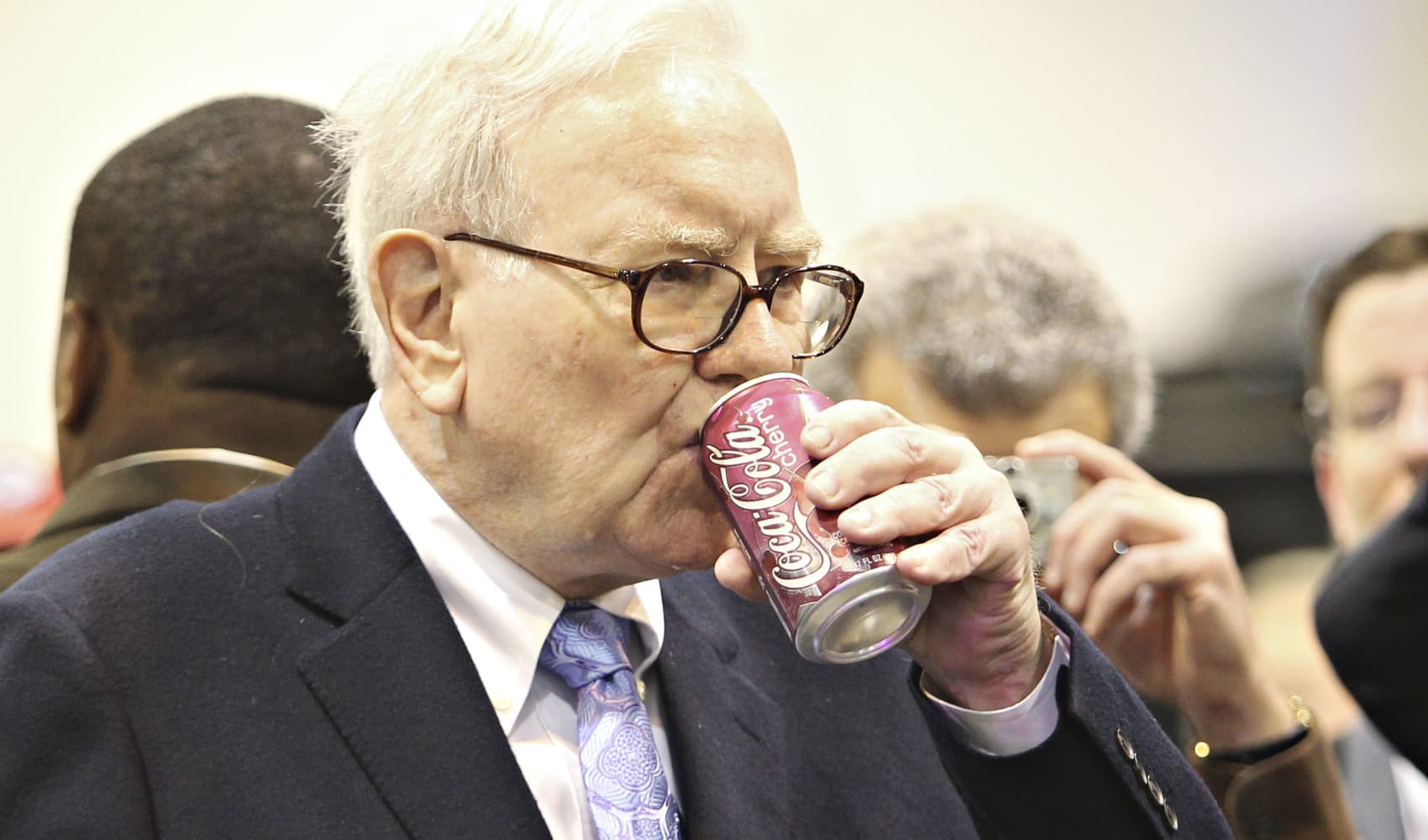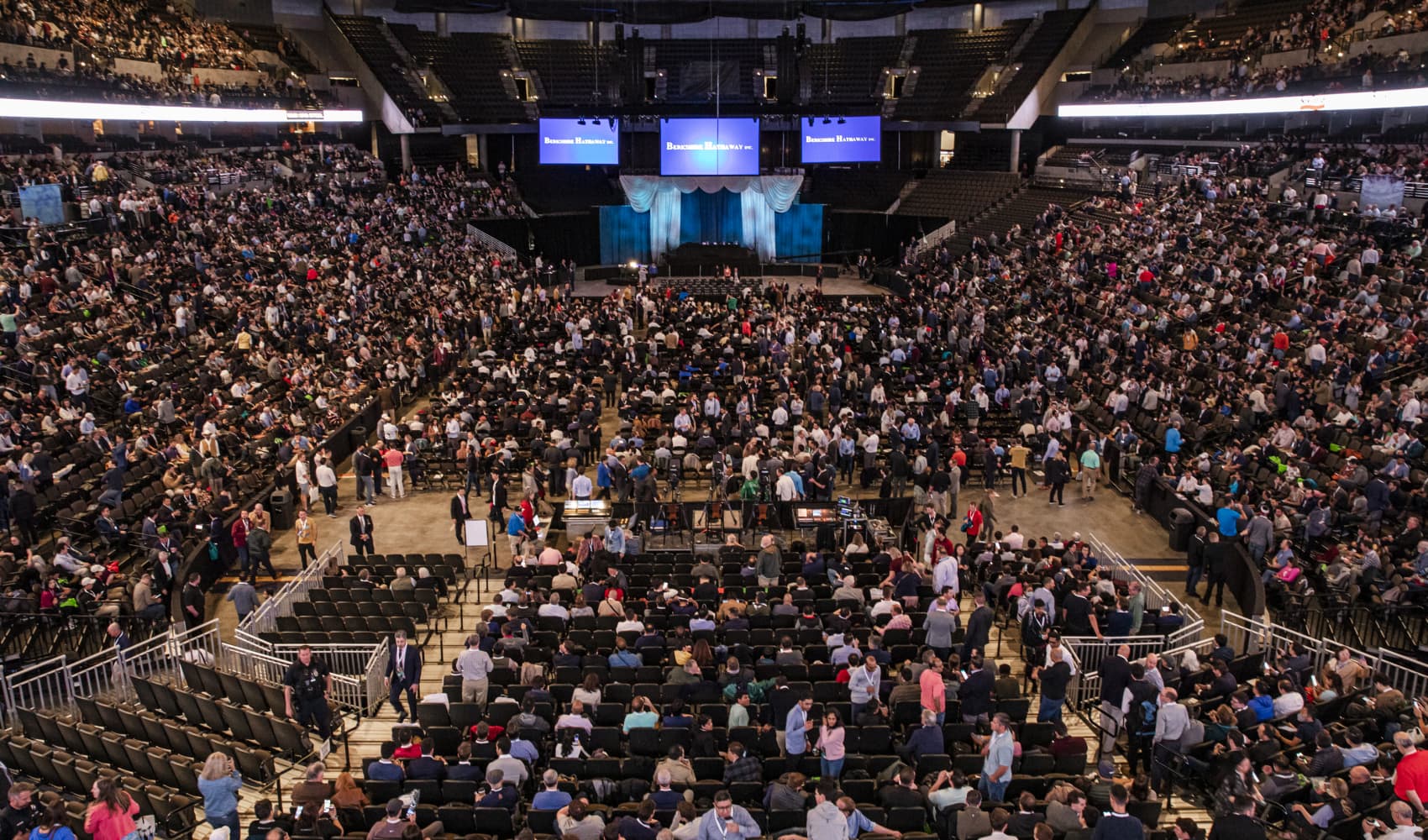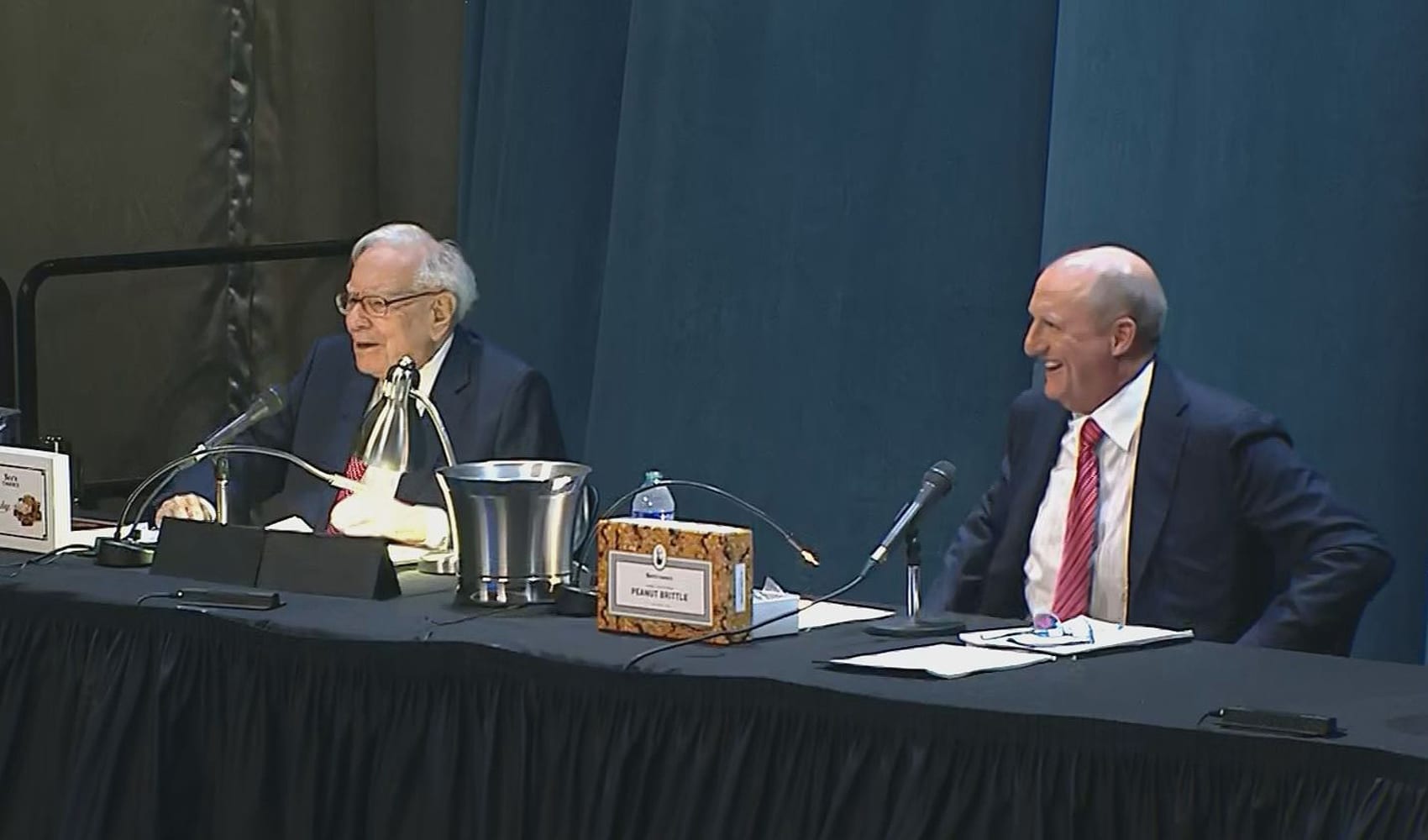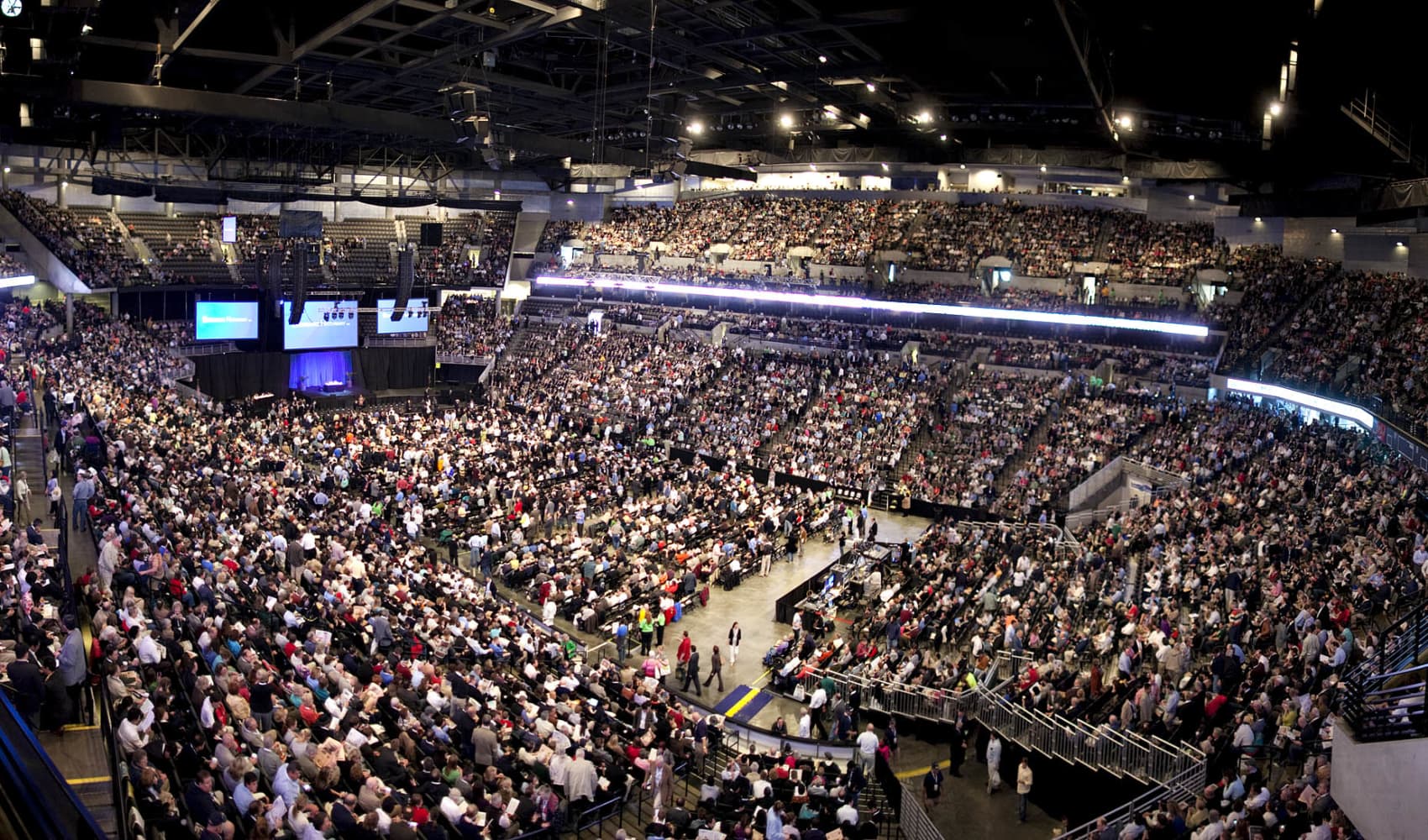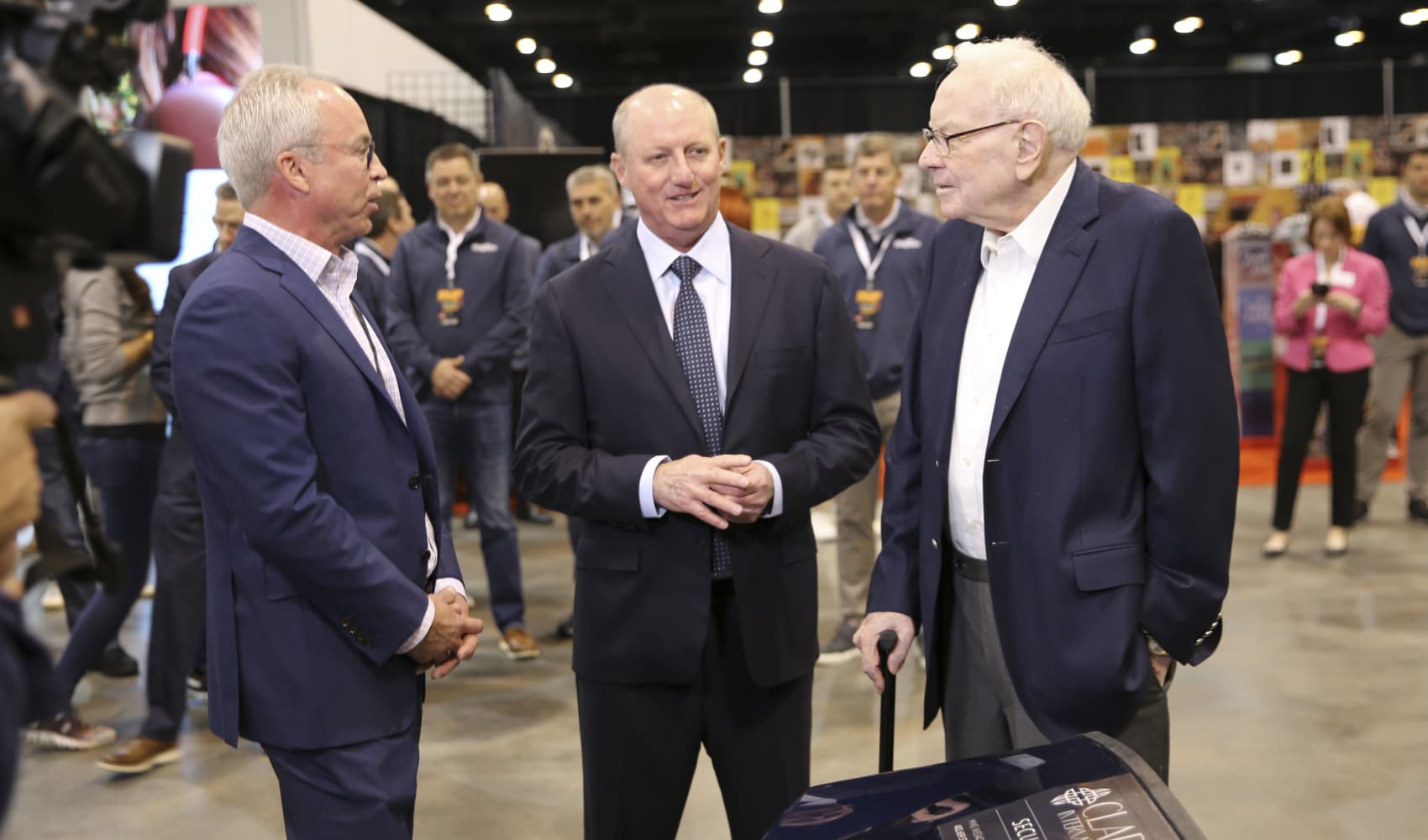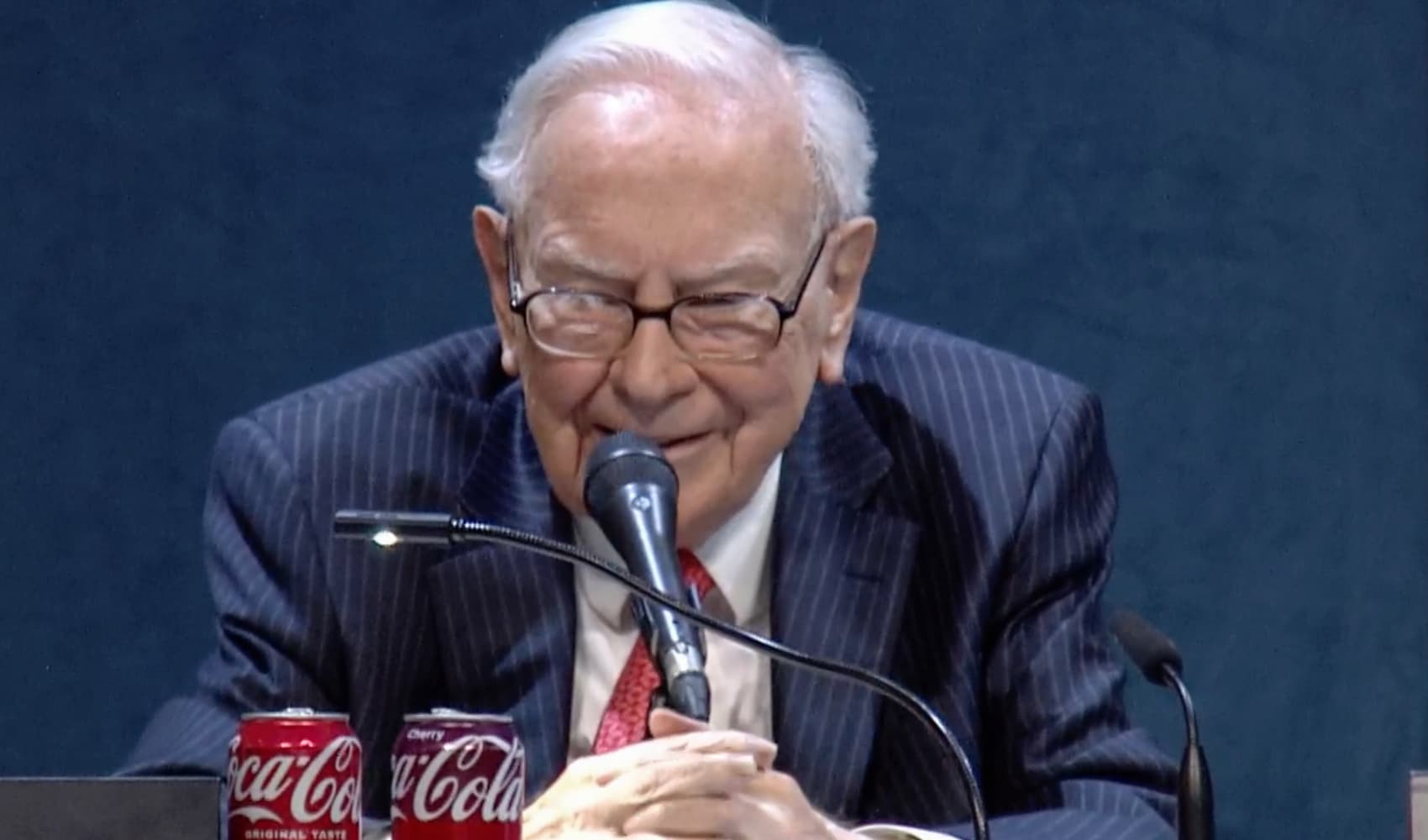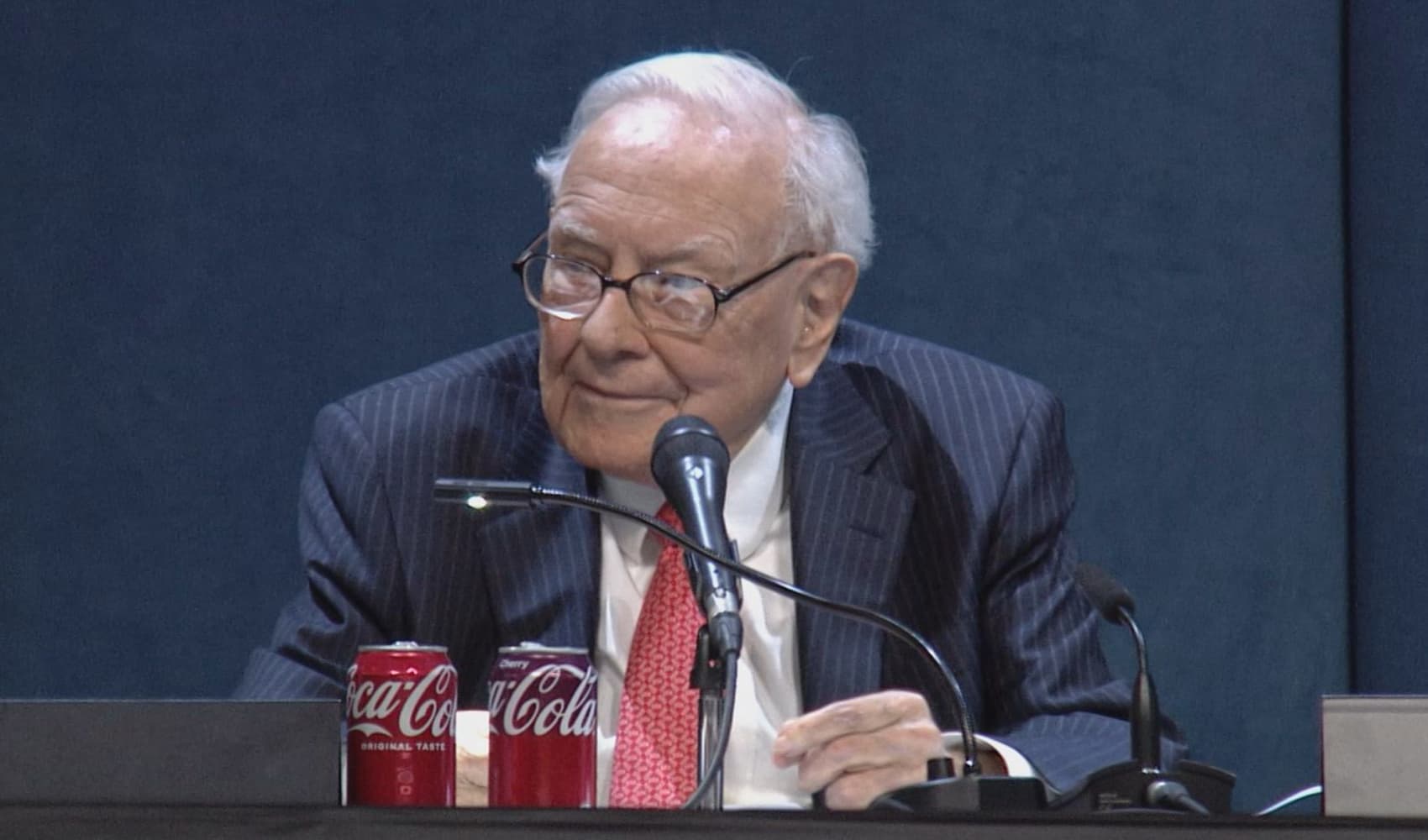Buffett's Stocks: Get a 15% Income Bonus with This Fund!
Unlock Buffett's Genius: 15% Income Bonus with This New Fund
Introduction: Riding the Buffett Wave in a Volatile Market
Let's face it, the stock market can feel like a rollercoaster. Ups, downs, twists, and turns – it’s enough to make anyone’s stomach churn. But what if you could find a way to navigate the market's turbulence with a strategy proven by one of the greatest investors of all time? Enter Warren Buffett, the "Oracle of Omaha," and his legendary company, Berkshire Hathaway. This year, while many stocks have stumbled, Berkshire has soared. And now, there's a new way to potentially capitalize on Buffett's success, with a unique twist: a 15% income bonus via a new ETF. Sounds intriguing, right? Let’s dive in.
Berkshire Hathaway's Stellar Performance: Beating the Odds
In a year where the S&P 500 has seen its fair share of red, Berkshire Hathaway has shone like a beacon of green. Berkshire shares have posted a 17% return year-to-date, a stark contrast to the S&P 500's 6% dip. This impressive performance places Berkshire among the top 10% of the U.S. market's large-cap leaders. But what’s behind this success?
Buffett's Value Investing Philosophy
Buffett's strategy is rooted in value investing. He seeks out companies that are undervalued by the market, businesses with strong fundamentals, and exceptional management teams. Think of it like finding a diamond in the rough. He’s not chasing the latest hype; he’s building a portfolio of reliable, long-term assets. Does this sound like a good strategy? Well, the numbers certainly don't lie!
Holding Steady in a Stormy Sea
During market downturns, Buffett’s approach proves its worth. He's not easily swayed by short-term market fluctuations. Instead, he focuses on the long game, and this resilience is reflected in Berkshire's stable performance. Imagine a sturdy ship navigating a stormy sea, while others are tossed about by the waves. That's Berkshire Hathaway.
Introducing the New ETF: Tracking Buffett's Picks with an Income Twist
Here’s where things get really interesting. A new ETF is entering the scene, designed to track Berkshire Hathaway's favorite companies. But what sets it apart is the addition of a 15% income component. This aims to boost shareholder returns, especially in a volatile market. So, how does this all work?
Decoding the ETF's Strategy
This isn't just a simple copycat fund. While it tracks the stocks held by Berkshire Hathaway, the 15% income bonus is a significant differentiator. It's designed to provide investors with a steady stream of income, potentially cushioning the impact of market downturns. Think of it as adding a safety net to your investment. But where does this extra income come from?
Generating the 15% Income Bonus
The specifics of how the fund generates this 15% income bonus will vary depending on the fund’s methodology. It could involve strategies like covered calls, dividend capture, or other income-generating techniques. It's essential to understand the fund's prospectus to grasp the details of this strategy. What matters most is that you understand the risks and potential rewards.
Berkshire's Cash Pile: A Strategic Advantage
Berkshire Hathaway is currently sitting on a record amount of cash. This might seem counterintuitive to some, but it's a key part of Buffett's strategy. Having a substantial cash reserve allows Berkshire to capitalize on opportunities when others are scrambling for liquidity. It’s like having dry powder ready to fire when the market presents attractive buying opportunities.
The Power of Liquidity
In times of market stress, companies with ample cash reserves are in a stronger position to weather the storm. They can also take advantage of distressed asset prices, acquiring companies at a discount. Buffett's cash pile is a testament to his discipline and long-term vision. Think of it as a strategic war chest, ready to be deployed when the time is right.
No Dividends: Reinvesting for Growth
One of the notable aspects of Berkshire Hathaway is its policy of not paying dividends. Instead, Buffett prefers to reinvest earnings back into the business, seeking out opportunities for further growth. This strategy has proven highly effective over the years, driving significant long-term returns for shareholders. Is this better than receiving a dividend? Well, that depends on your investment goals.
Analyzing Warren Buffett's Top Stock Picks
Understanding what companies Warren Buffett invests in provides valuable insights into his investment philosophy. While the exact holdings can change over time, some of his most well-known picks offer clues as to what he looks for in a company.
Examples of Berkshire Hathaway's Holdings
While the exact portfolio is dynamic, companies like Apple, Coca-Cola, and American Express are often found in Berkshire's top holdings. These companies share common characteristics: strong brands, consistent profitability, and solid management teams. What makes these companies so appealing to Buffett?
Key Traits of Buffett's Ideal Companies
- Strong Moat: A sustainable competitive advantage that protects the company from competitors.
- Consistent Earnings: A track record of reliable profitability over time.
- Exceptional Management: Leaders with integrity, vision, and a focus on long-term value creation.
Weighing the Risks and Rewards
Investing always involves risk, and the new ETF tracking Berkshire's picks is no exception. It's crucial to consider both the potential benefits and the potential downsides before making any investment decisions.
Understanding ETF Volatility
ETFs, while diversified, can still experience volatility. Market fluctuations, changes in investor sentiment, and economic events can all impact the ETF's performance. Remember, past performance is not indicative of future results.
The Potential Drawbacks of the 15% Income Bonus
The strategy used to generate the 15% income bonus could introduce additional risks. For example, if the fund uses covered calls, it might limit the upside potential if the underlying stocks rise sharply. Be sure to understand the specific risks associated with the fund's income-generating strategy.
The Bottom Line: Is This ETF Right for You?
Ultimately, the decision of whether or not to invest in this new ETF depends on your individual investment goals, risk tolerance, and financial situation. If you're looking for a way to potentially capitalize on Buffett's investment acumen while generating income, this ETF could be an option to consider. However, it's crucial to do your homework and understand all the risks involved. Think of it as making an informed decision before embarking on a journey.
How to Research and Choose Wisely
Before investing, thorough research is paramount. There are several steps you can take to make an informed decision.
Read the Prospectus Carefully
The prospectus is the fund's official document, and it contains detailed information about its investment strategy, risks, and fees. Read it cover to cover. Really!
Compare with Other ETFs
Don't just settle for the first ETF you find. Compare it with other similar ETFs to see how it stacks up in terms of performance, fees, and strategy. Knowledge is power!
Consult a Financial Advisor
If you're unsure whether this ETF is right for you, consider consulting a financial advisor. They can provide personalized advice based on your specific circumstances. They can help you navigate the choppy investment waters.
Conclusion: Seizing Opportunities with Informed Decisions
The allure of Warren Buffett's investment success combined with the promise of a 15% income bonus is undeniably attractive. This new ETF presents an interesting opportunity to tap into Buffett's genius. However, remember the importance of due diligence. Understand the fund's strategy, weigh the risks and rewards, and make informed decisions that align with your financial goals. Investing is not a sprint; it's a marathon. And like any marathon, it requires preparation, strategy, and perseverance.
Frequently Asked Questions
Here are some frequently asked questions to help you better understand this topic:
- What exactly is an ETF? An ETF (Exchange Traded Fund) is a type of investment fund that holds a basket of assets, like stocks or bonds, and trades on stock exchanges. Think of it like a mutual fund that trades like a stock.
- How is this ETF different from simply buying Berkshire Hathaway stock? While this ETF tracks Berkshire Hathaway's stock picks, it adds a 15% income component, aiming to boost returns. Buying Berkshire stock directly gives you exposure to the company's performance, without the added income strategy.
- What are the potential risks of this ETF's income-generating strategy? Depending on the strategy used (e.g., covered calls), the fund might limit its upside potential if the underlying stocks rise sharply. There could also be other risks associated with the specific income-generating techniques employed.
- What are the fees associated with this ETF? Like all ETFs, this one will have expense ratios, which are fees charged to cover the fund's operating expenses. Be sure to check the fund's prospectus to understand the fees involved.
- Where can I find more information about this specific ETF? You can find detailed information about the ETF, including its prospectus, holdings, and performance, on the fund's website or through your brokerage platform.
